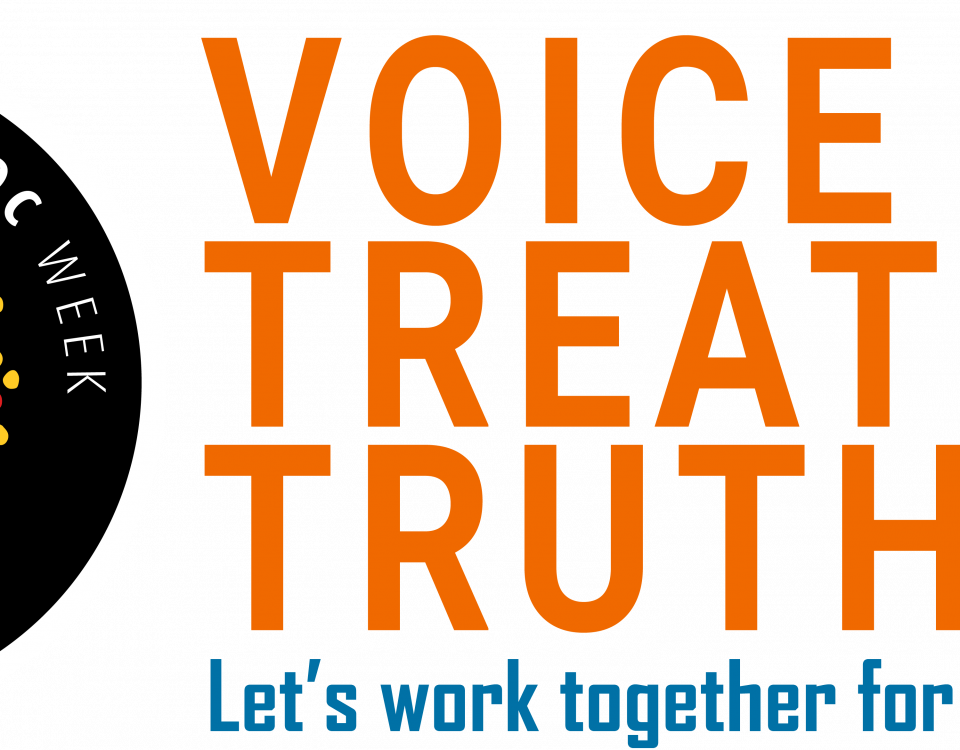CASSE Aboriginal Australian Relations Program Newsletter Issue 1 OUT NOW
September 26, 2014The power of ‘we’
October 1, 2014By Pamela Nathan
In support of Noel Pearson’s plea for the importance of recognition, responsibility, truth, united reconciliation and race
(This article also has relevance to the Opinion piece by Ngiare Brown, published in The Australian on September 16 2014: ‘Stop blaming Aboriginal culture, just combat child abuse at every level’ )
Searching for the truth assumes that all have a voice, that we are all in a position to have a voice and that all voices can be heard. There are no biological races; they do not exist. What is required is an emotional communication that allows the interplay of ambiguity and uncertainty and which does not permit the control of absolute truths. If we allow, in the words of Bion (1963), the re-reversal of perspective, the interplay of different points of view, a plurality of meanings, the paradox of more than one truth, and hear the voices and allow them to emerge, then transformation is possible. Emotional turbulence, pain and psychological crisis are inherent in psychic growth (Civaterese 2008, 1134). Further, it is emotion rather than knowledge that achieves reconciliation, or rather shared emotion at one moment, the feeling of unison, between blacks and whites (Civitarese 2008, 1139). Hölderlin stated, “Reconciliation is there even in the midst of strife and all things that are parted find one another again” (Civitarese 2008, 1141). An Aboriginal woman told the architect Greg Burgess who designed the cultural centre at Uluru to “do it like this” and she put two hands together into a clasp saying “let there be a meeting of two worlds, let them be one”.
I suggest we need to bear the gap rather than close the gap. The untold stories of frustration, pain and suffering need to be recognised, heard, and worked through within a safe place, a home or a country camp and given time to be told. To bear the gap by settling down on country, emotionally and literally, can lead to the gap being narrowed, without control and emergency interventions, and a new self-determining way forward can be imagined and travelled, with new voices singing out strong for country with kin—sharing, caring and close. To bear the gap is to recognise and not deny that Aboriginal people experience multiple losses, homelessness, powerlessness, poverty and confusion (Stanner 1968, 230) alongside their multiple strengths found, in adaptive and imaginative struggle, in continuity with the Old Time, kin and relatedness. It is also to recognise, in the words of Stanner (1958, 63), that one of our problems is just “the implicitness or wordlessness, of some of the conceptions still powerfully affecting Aborigines” and that one is not even sure of what questions to ask or the right ways to ask them. Let Aboriginal people ask the questions and find the answers; give them the freedom patients have in the consulting room. Stanner said that “there was plain evidence in the 1950s that what we were requiring the Aborigines to do was maladaptive for them. What clearer meaning could sickness, drunkenness, alcoholism, criminality, prostitution and psychic disorders have?” (1972, 335). In the new film Our Generation (2010) one of the elders says: “It is not our dream to live in a yard (settlement), it is not our dream to eat at the whitefellah’s table, and it is not our dream to wear Whiteman’s clothes”.
In closing the gap, we all need to bear to listen to these stories, to listen to the sorry business in order to acknowledge responsibility for failed historical interventions and to put an end to repeated measures that fail because they have not been born on the ground in country. It is necessary also to recognise and then to celebrate the achievements of Aborigines, who are struggling with self-determination and its demons. We need to work together and together we may all find a home in Australia and an equal home and speak the language of humanity and our hearts.
Pamela Nathan is a forensic and clinical psychologist and a psychoanalytic psychotherapist in private practice. She is also Director of the Aboriginal Australian Relations Program of CASSE. She has been working with Aboriginal people and communities for thirty years. Click here to view Pamela’s full bio.





